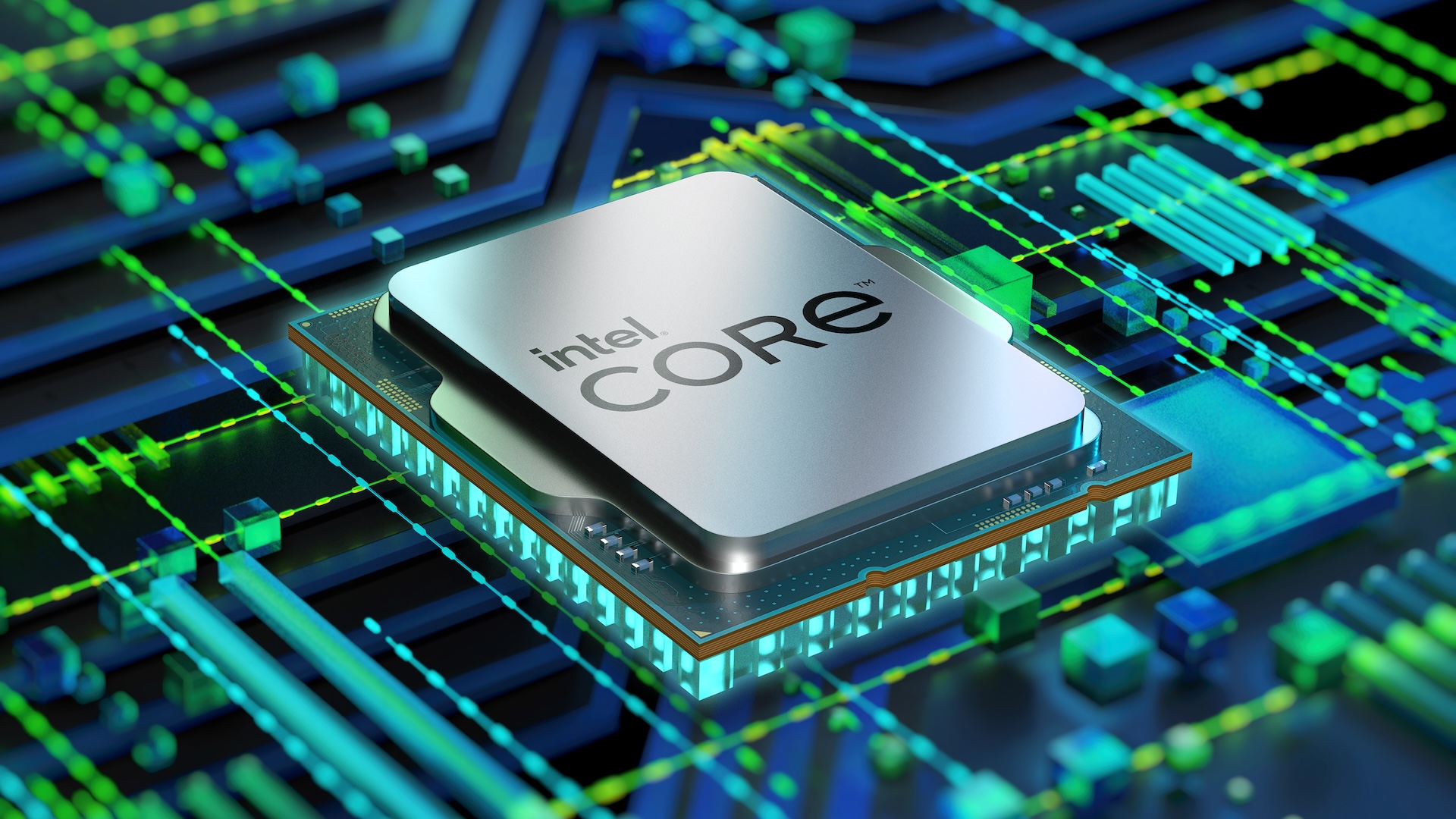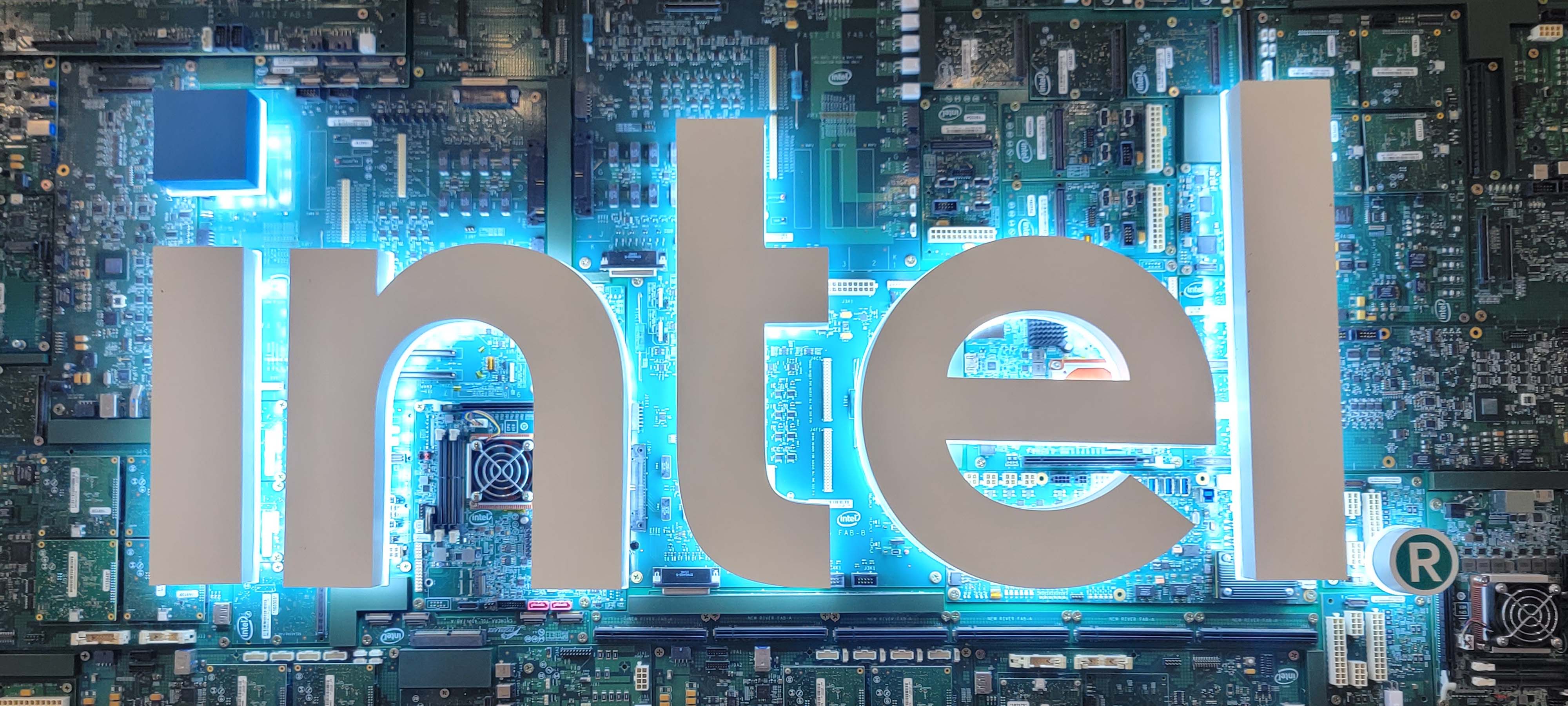
In an interview with a major European PC parts retailer, a French publication discovered that Intel’s 13th Generation Raptor Lake processors have a return rate four times higher than that of the previous generation. At the same time, the 14th Generation Raptor Lake Refresh chips also have return rates thrice as high as the 12th Generation Alder Lake processors — suggesting the current issues Intel faces might just be the tip of the iceberg.
According to data from Les Numeriques, only 1% of AMD processors were returned in 2020, while Intel had a 1.75% return rate then. So, if AMD’s return rate remained stable since then, we can extrapolate that the Raptor Lake chips have a return rate of 4% to 7% while Raptor Lake Refresh processors would have 3% to 5.25%. We should also note that these numbers only reflect return rates that went through the retailer channels, not those that went straight to Intel.

Serious stability issues plague Intel's latest chips. Here's a brief history of the problem:
➡️ July 22: Intel blames "elevated voltages"
➡️ July 16: Game publisher claims 100% crash rate
➡️June 14: "Contrary to recent media reports, Intel has not confirmed root cause," the company tell Tom's Hardware
➡️April 30: Can BIOS settings lessen problems?
➡️April 27: Intel blames motherboard makers
Intel has recently been making rounds in the news with instability with Raptor Lake and Raptor Lake Refresh processors. While the company has announced a mid-August patch to address the crashing and instability problems, the software update won’t repair any chip that has already died or is dying. For example, one of our Intel Core i9-13900K chips refuses to work with Nvidia’s graphics drivers and crashes when some games are launched, and we had to RMA that chip.
According to the French news report, these are the chips affected by Intel’s latest problems: Intel Core i9-14900KF, Intel Core i9-14900KS, Intel Core i9-14900, Intel Core i7-14700KF, Intel Core i7-14700K, Intel Core i9-13900KF, Intel Core i9-13900KS, and Intel Core i9-13900K. It's a massive blow to Intel, primarily if the chipmaker's fix for the instability affects the processor’s performance. Furthermore, Intel must replace any chip that’s already been irreparably damaged, which could presumably extent to even more processors than have already been returned — potentially a lot more.
Even if Intel successfully fixes the issue, it erodes the years of trust it's built among consumers, with some institutions reportedly jumping to AMD’s Ryzen 9000 CPUs. AMD has been having some issues on its side as well, with the launch of the Ryzen 9000 chips pushed back a couple of weeks due to an unspecified issue. It's almost certainly not as significant as what Intel is experiencing right now, but it was severe enough to warrant a delay.
The good news here is that AMD's measures only encompass the first batch of Zen 5 desktop CPUs, not a two-year backlog of shipping Raptor Lake / Raptor Lake Refresh processors. It will be painful on some level, but probably very minor compared to Intel's problems that appear to extend even to server and possibly mobile chips.







